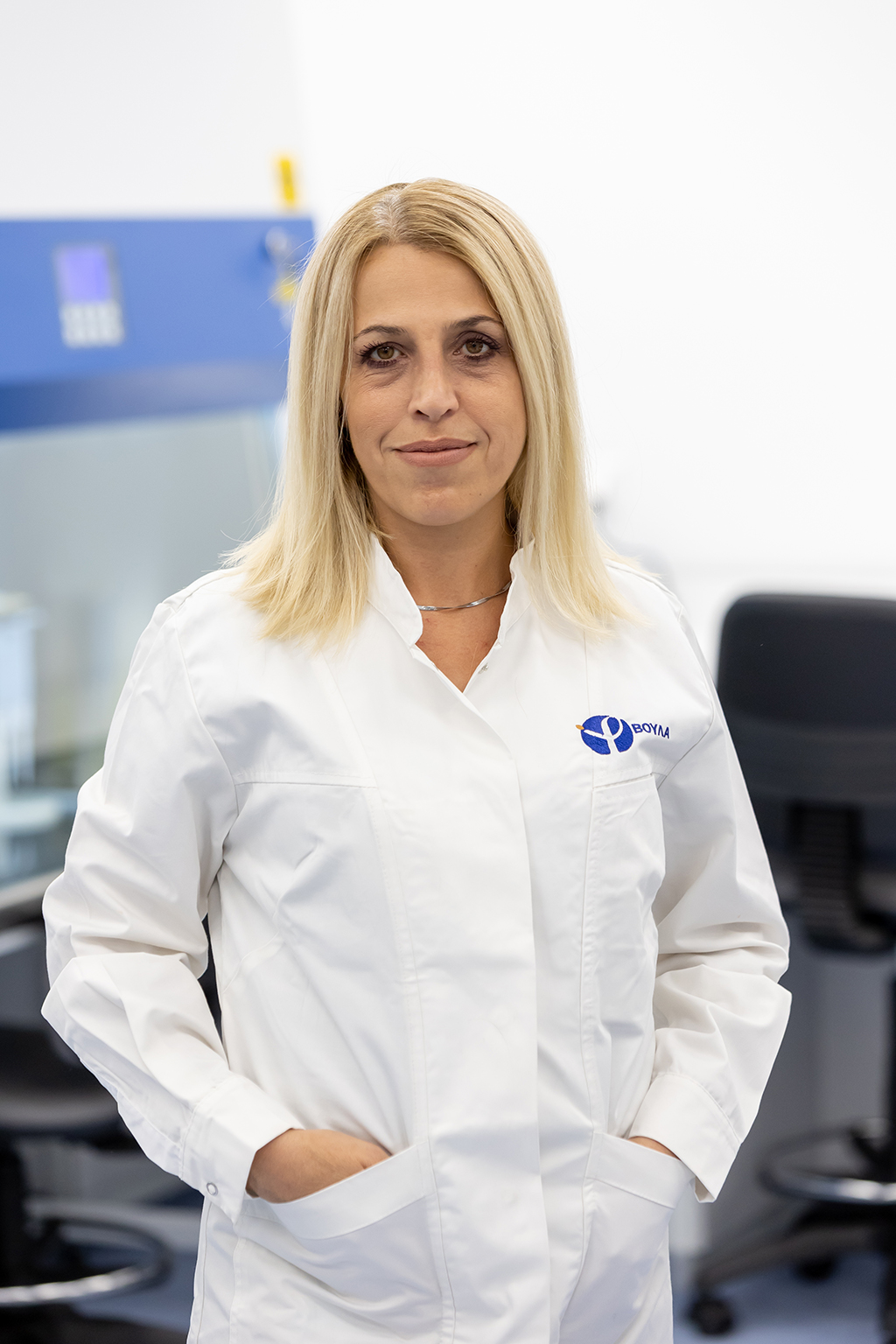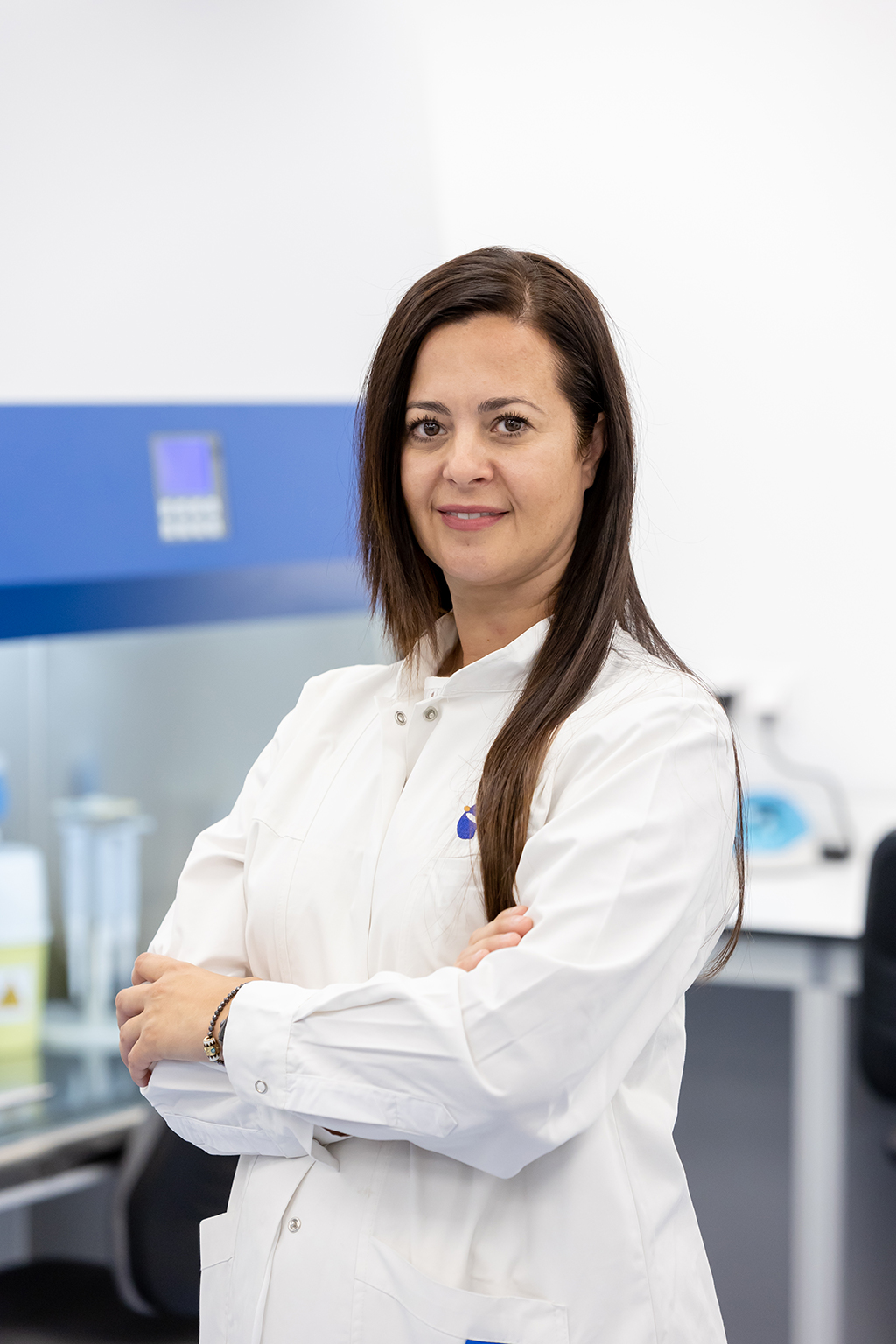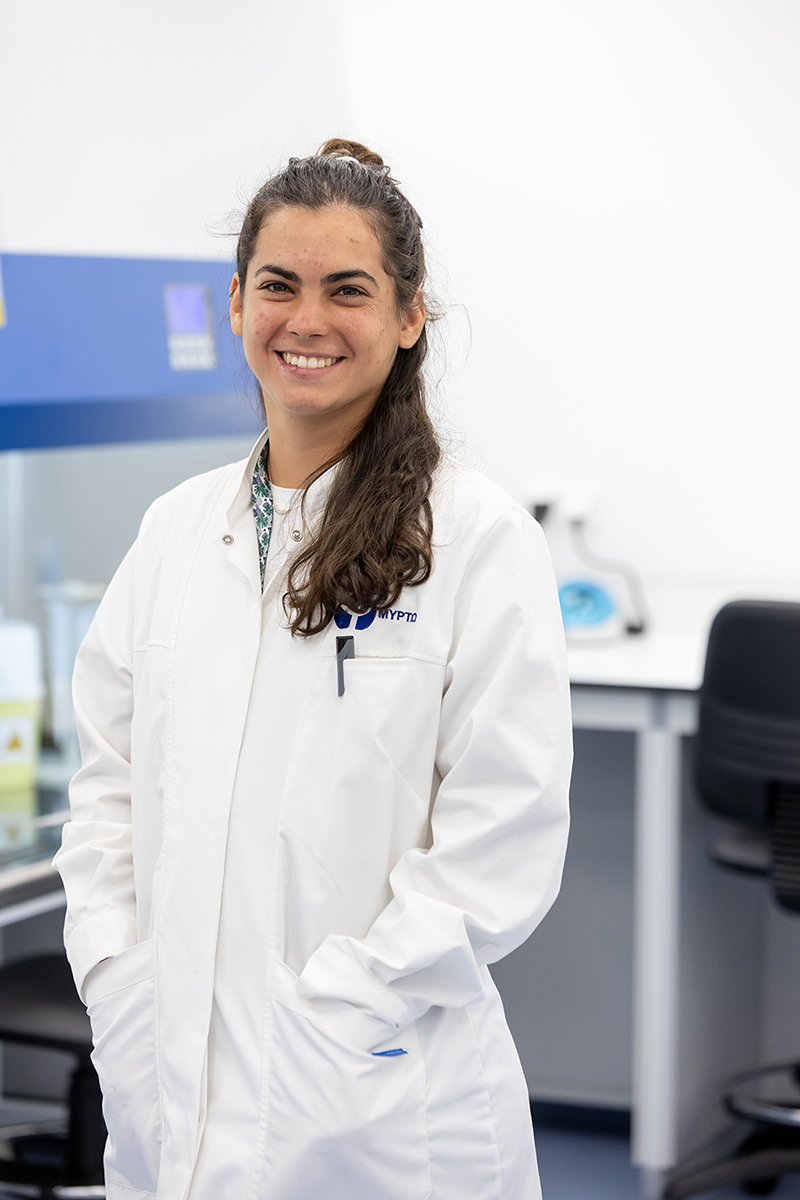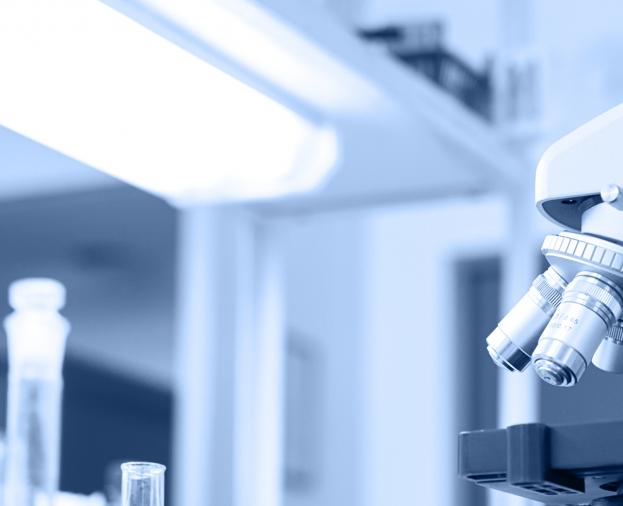
Dr
Angelakis Emmanouil
Since early 2023, the premises of the H.I.P. (Hellenic Institute of Pasteur) have hosted a biosafety level 3 (BSL-3) laboratory, accredited by an independent international body. The BSL-3 infrastructure consists of three independent workspaces with a total area of approximately 70 m², and access to the laboratory is controlled through two sealed anterooms. Among other equipment, the facility includes four Class II biological safety cabinets, four CO₂ incubators, two ultra-low temperature freezers (-80°C), and a high-resolution Scanning Electron Microscope (SEM) with up to 300,000x magnification and a resolution of <10 nm. This enables the identification of pathogenic agents (viruses, bacteria, fungi, or parasites) through a specialized database. The lab is also equipped with a fully automated ribonucleic acid (RNA) extraction system and a fully automated lyophilization system (lyophilizer), allowing for the safe preservation and storage of pathogenic strains.
It is worth noting that the Diagnostic Department of H.I.P. participates in the European virus biobank program "The European Virus Archive Global," as well as in the flagship initiative on Infectious Diseases (PRO-sCAP), which aims to map the mechanisms leading to immune damage in patients suffering from severe community-acquired pneumonia (sCAP). The lab contributes, among other things, to the identification, isolation, and storage—for the first time—of respiratory viruses detected in sCAP patients.
Finally, the laboratory is equipped with a fully automated Western Blot system, which enables the visualization of patients’ immune profiles by detecting antibodies through the exposure of the patient’s serum to the pathogen under investigation. This technique allows for the diagnosis of any pathogen, even when no commercially available diagnostic tests exist, which is particularly critical during public health emergencies.
The BSL-3 facility of the H.I.P. has already significantly enhanced the capacity for protecting Public Health, as it handles highly infectious pathogens and samples suspected of containing unknown infectious agents. Currently, the lab conducts cultures of SARS-CoV-2, influenza, arboviruses, etc.

Lampropoulou Voula


